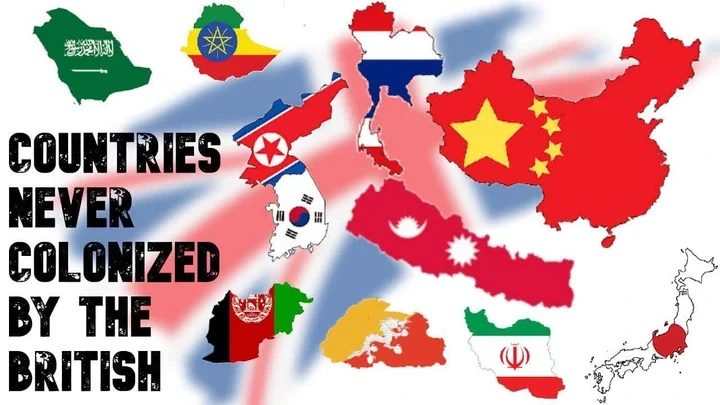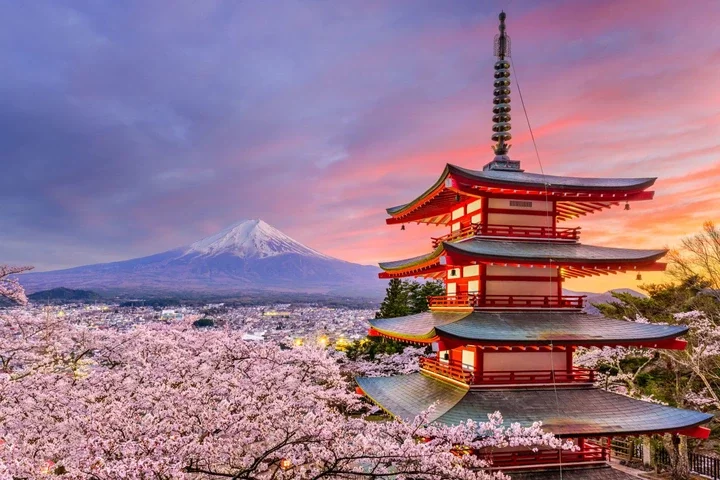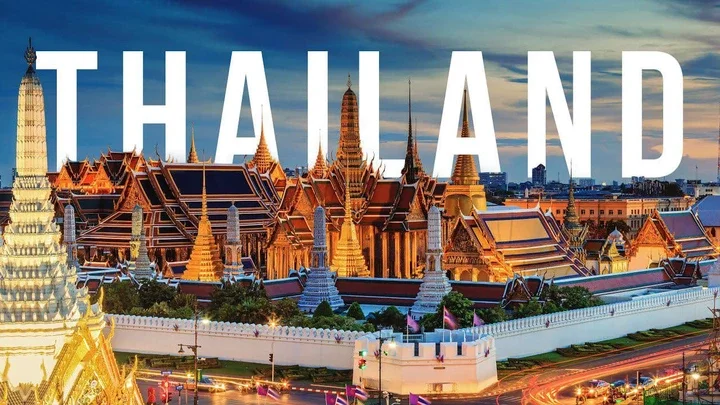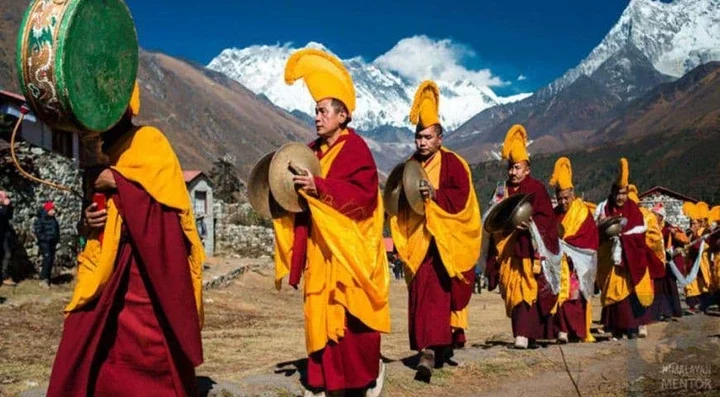These countries resisted and avoided colonisation.

Throughout history, many countries were colonised by European powers, leaving lasting effects on their cultures, economies, and political systems.
However, a few nations stood strong and resisted colonisation despite facing immense pressure. These countries managed to protect their independence through strategic diplomacy or strong military tactics.
Some of these nations fought off invaders with bravery, while others used smart negotiations to keep their sovereignty intact. Today, these countries are proud of their history of freedom, as it sets them apart in a world where colonisation was once the norm.
Here are five countries that have never been colonised and how they managed to remain free.
1. Ethiopia

Ethiopia is one of the most famous examples of a country that resisted colonisation. While many African nations were taken over by European powers, Ethiopia maintained its independence.
In 1896, Ethiopia fought the Battle of Adwa against Italy and won, shocking the world. This victory was led by Emperor Menelik II, whose leadership and strategy were key to Ethiopia's success. Although Italy later tried to occupy Ethiopia in the 1930s, it was a short-lived invasion and is not considered colonisation.
2. Japan

Japan's ability to stay independent lies in its early modernisation and strong governance. During the 19th century, many Asian countries were colonised, but Japan took steps to avoid this fate. The Meiji Restoration in 1868 was a turning point, as Japan rapidly industrialised and built a strong military. Japan's decision to learn from Western powers and modernise its systems made it difficult for colonisers to gain control. In fact, Japan itself became a colonial power, expanding its influence in Asia.
3. Thailand

Thailand, formerly known as Siam, is the only Southeast Asian country that was never colonised. Surrounded by colonised neighbours, Thailand skilfully played European powers against each other. Its kings, particularly King Rama IV and King Rama V, used diplomacy and made strategic agreements with Britain and France to maintain their independence. Thailand also modernised its infrastructure and military, showing European powers that it was not an easy target.
4. Nepal

Nepal's rugged mountain terrain and strong military tradition helped it avoid colonisation. During the 19th century, when Britain was expanding its empire in South Asia, Nepal managed to resist. Although it signed treaties with the British, these agreements allowed Nepal to maintain its sovereignty. The bravery of the Gurkhas, Nepal's famed soldiers, also played a major role in keeping the British at bay.
5. Bhutan
Bhutan is another small but resilient country that avoided colonisation. Its location in the Himalayas made it difficult for foreign powers to invade. Bhutan also followed a policy of isolation, limiting interactions with outsiders. While it maintained friendly relations with neighbouring British India, it never gave up its sovereignty. Bhutan's culture and strategic diplomacy allowed it to remain free.
















Comments